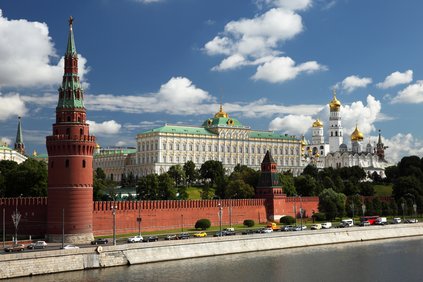Background - 14.08.2023 - 11:00
Journey to Odessa – Professor James Davis travels to Ukraine
In anticipation of the NATO Summit in Vilnius earlier this summer, the international affairs professor speaks about the challenges he encountered to accept an invitation from the Ukrainian parliament - an article by James W. Davis.
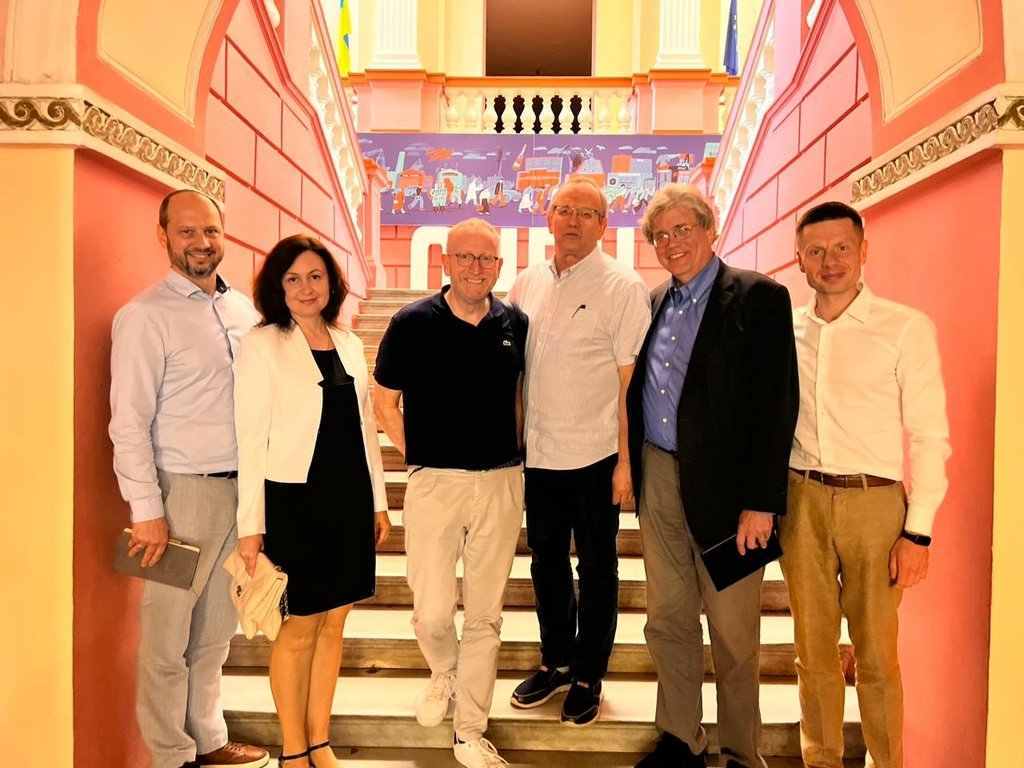
In anticipation of the NATO Summit in Vilnius, where further support and even potential membership of Ukraine are on the agenda, I accepted the invitation of a Ukrainian parliamentarian and embarked on a journey to Odessa. Traveling to this ancient Tatar city on the Black Sea is no simple task. There are no direct flights. Taking the train would involve a connection through Kyiv but would take an eternity. My host proposed a crossing at the border between Moldova and Ukraine. To do that, I had to make my way to Palanca.
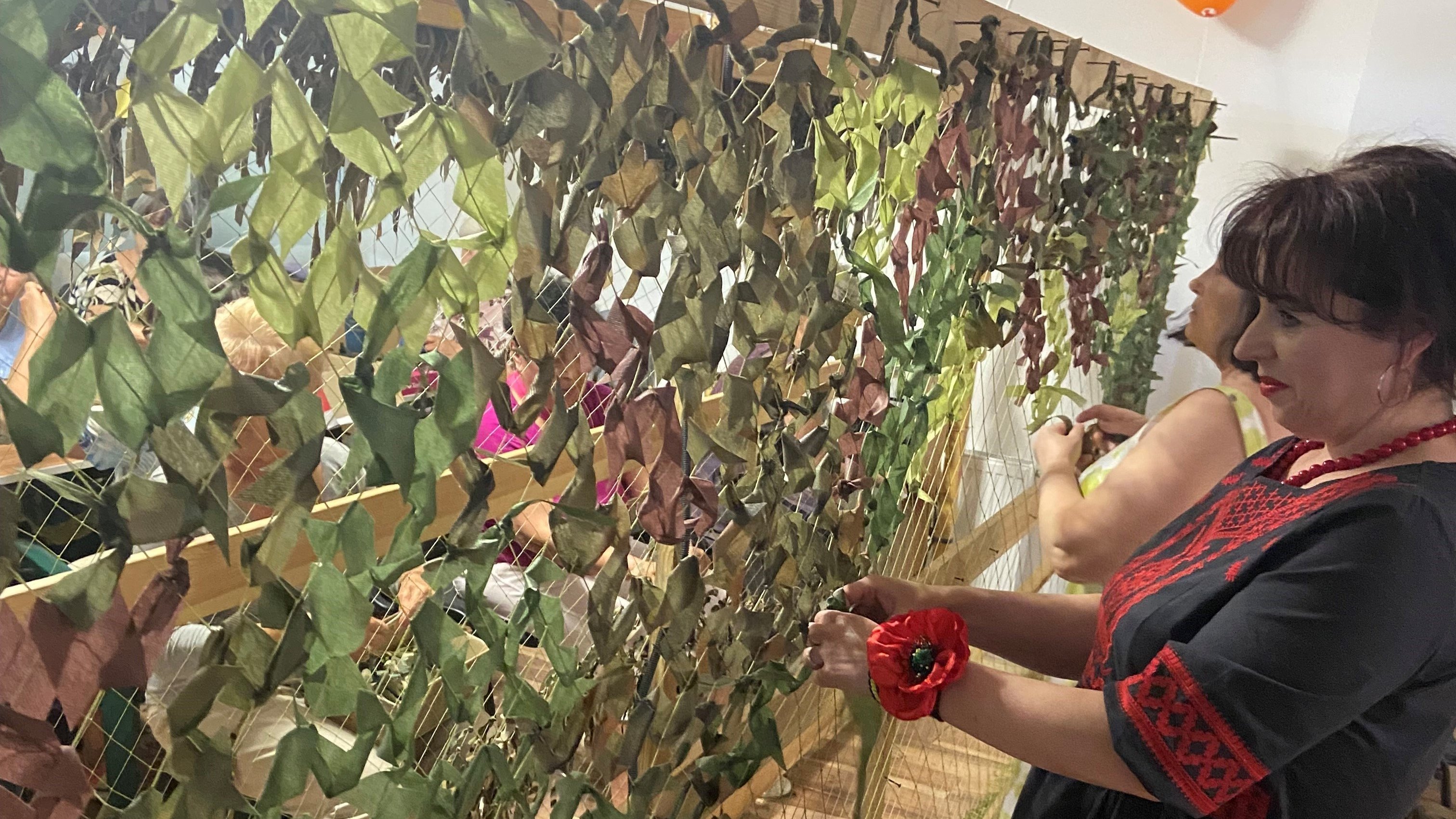
Trek from Moldova to Ukraine
Even though it is one of Europe’s smallest countries, Moldova holds great geopolitical significance at present. Since 1990, the eastern part of the country, Transnistria, has been controlled by separatists. The region is under Russian influence. Between one to one and a half thousand Russian soldiers are stationed there, and Transnistria houses one of the largest depots of old Russian ammunition. A breeding ground for arms smuggling and other international criminal activities, Putin's intelligence agencies use Transnistria as a base for their efforts to destabilize the pro-Western, democratically elected government in Chisinau. After a flight via Vienna to Chisinau, the journey to Palanca would run along the invisible border to Transnistria. Therefore, I was somewhat relieved when a friendly, former Prime Minister of Moldova offered me a safe passage to Palanca. After some back-and-forth phone calls between the watch stations of both sides, I was now allowed to walk into Ukraine.
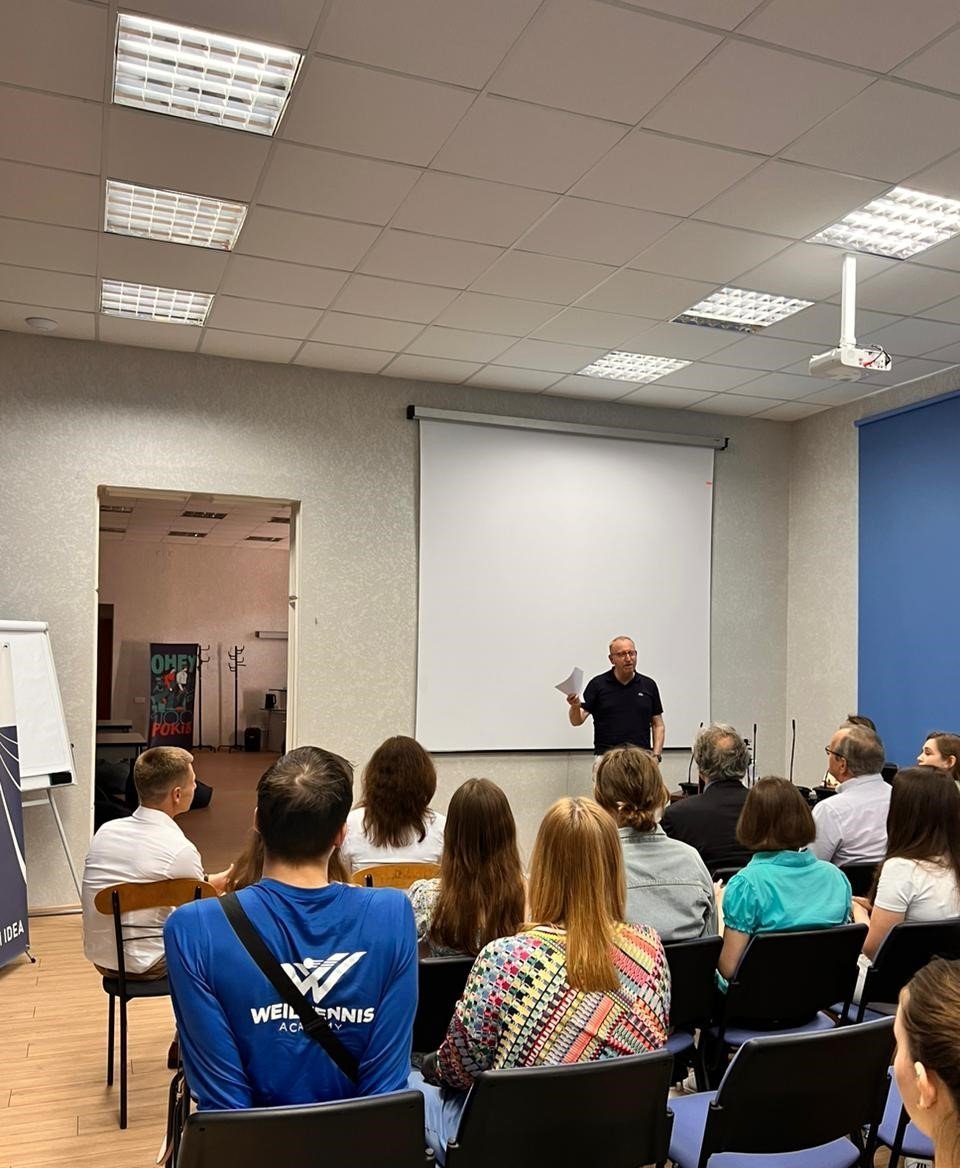
The courage found in Odessa
The courage found in Odessa
The journey to Odessa resembles many unstable places in the world. There are some military checkpoints where papers are checked and some questions are asked. But otherwise, the journey went smoothly. In fact, the journey to Odessa was relaxing compared to the three days I spent there. Because as soon as I arrived, my schedule was full. There were visits to community centers where women worked on camouflage nets for the front, meetings with children orphaned by the war, wounded soldiers in a rehabilitation clinic, an exhibition of war-inspired art, and a performance of patriotic music at Odessa's famous opera house. I was particularly pleased to give a lecture at the Odessa National Economics University and get to know the students and academics still there. Under extremely challenging conditions, they continue their education and research.
With fighting along the front less than 200 km to the east, the citizens of Odessa have made it a priority to create a semblance of daily life despite regular drone and rocket attacks. Their courage and will to maintain some kind of semblance of a normal routine made an impression on me. I saw this struggle to maintain it as a counter-offensive of sorts to resist the illegal and barbaric aggression that has been thrown upon them.
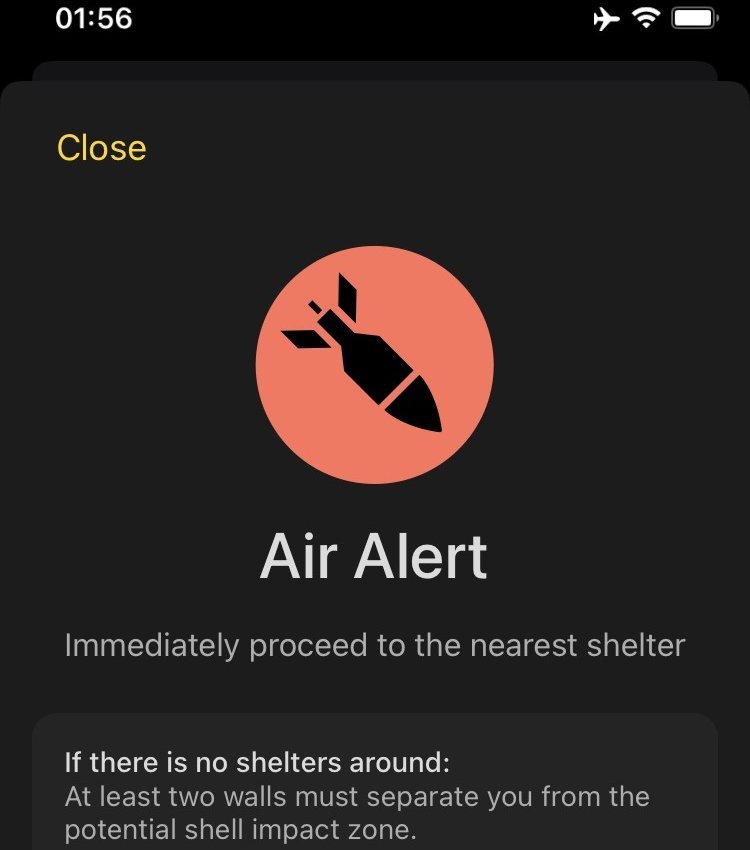
I got a glimpse of the determination and bravery of Ukrainians on my first night at the hotel. At 01:56 am, I was woken up by both the air sirens outside and the app I had downloaded on my smartphone. From my phone, I heard: "Air alarm! Go to the shelter! Overconfidence is your weakness!" In a pair of shorts and a t-shirt, I made my way to the hotel's air raid shelter. Except for an elderly Ukrainian woman, I was the only person there, and at some point, I noticed she was gone too. But I stayed until my app notified me that it was safe to leave the shelter. It was 04:22 am, and the sun was coming out.
Later, on my way to breakfast, I asked the rather shy young lady at the reception why I was alone in the air raid shelter. Where were the other hotel guests? "We are Ukrainians," she said. "We are not afraid of Russian bombs."
Whether it was the thirteen border guards who refused to surrender Snake Island to a flagship of the Russian Navy, or the soldier I met who lost a leg to a landmine and wished for nothing more than to return to the front, or the ordinary people maintaining their daily lives in Odessa, Ukrainians have shown courage in their fight to defend their country. As I walked back across the border into Moldova on foot, I wondered if the collective West would reciprocate this bravery.
James W. Davis
The text was first published in the Münchner Merkur, July 2023
More articles from the same category
This could also be of interest to you
Discover our special topics



![[Translate to English:] Choix Goncourt de la Suisse | unisg.ch](https://www.unisg.ch/fileadmin/_processed_/b/a/csm_Choix_Concourt_de_la_Suisse_HT-Stibi-069_2110740678.jpg)



